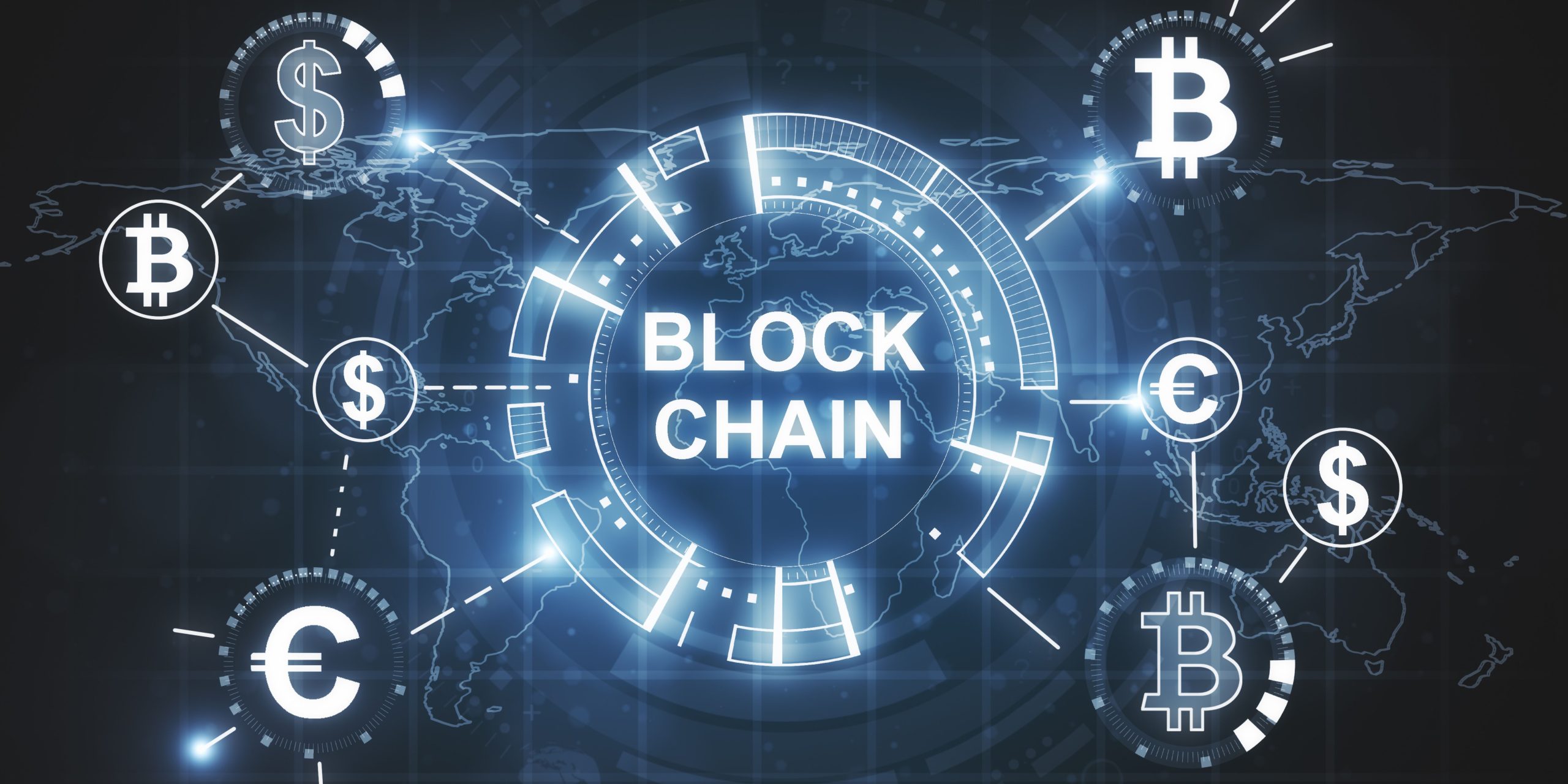Users typically abandon applications that don’t respond within 3 seconds. Web3 applications can take up to 20 seconds to load.
Decentralized applications (DApps), also known as Web3 applications, tend to be slower than Web2 applications because they have to organize blockchain data from multiple sources.
Maxim Legge, CEO of Pangea, a decentralized data indexing solution, told Cointelegraph that data indexing solves the speed bottleneck for Web3 applications.
Legge said that data from RPC nodes, smart contracts, and other blockchain infrastructure on high-throughput chains can reach hundreds of terabytes. Indexing is the process of organizing this raw blockchain data so that it can be effectively retrieved later. The CEO told Cointelegraph:
“This isn’t something developers should worry about. This is a real infrastructure problem. We can solve it once and for all. It doesn’t need to be solved by each DApp developer individually.”
Unfortunately, Legge said, many Web3 developers are forced to develop in-house indexing solutions that are inefficient, overly complex and time-consuming to develop.
Throughput will be significantly increased
The higher the throughput of a blockchain (measured in transactions per second (TPS)), the more on-chain data it generates that needs to be indexed by DApps that interact with that chain. In October, Ethereum co-founder Vitalik Buterin outlined a goal to scale Ethereum’s base layer and its layer-2 scaling solutions to handle a total of more than 100,000 transactions per second.
Among the goals outlined by Buterin in the Ethereum roadmap was improving interoperability between Ethereum and its many layer-2 networks.
StarkWare CEO Ben Sasson told Cointelegraph at the DevCon 2024 conference that Ethereum layer-2 scaling solution Starknet will quadruple TPS within three months, matching the throughput of the Solana network.
Layer-2 solution ZKsync is also aiming for higher throughput as part of its goal. According to the project’s roadmap, developers hope to increase ZKsync’s throughput to 10,000 TPS by 2025 and reduce transaction fees to as low as $0.0001. Solana’s non-voting throughput currently ranges from 800 to 1,050 TPS. Solana’s high throughput and monolithic design features have attracted the attention of developers, making it a top ecosystem for development in 2024.











